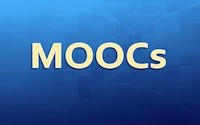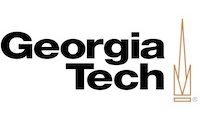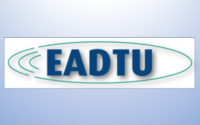A framework for self-determination in massive open online courses: Design for autonomy, competence, and relatedness
In this paper, we propose a framework for the design of massive open online courses (MOOCs) based upon the principles of self-determination theory, which posits a relationship between intrinsic motivation and the basic psychological need for autonomy, competence, and relatedness. We also report the results of design-based research that evaluates the application of the framework […]















